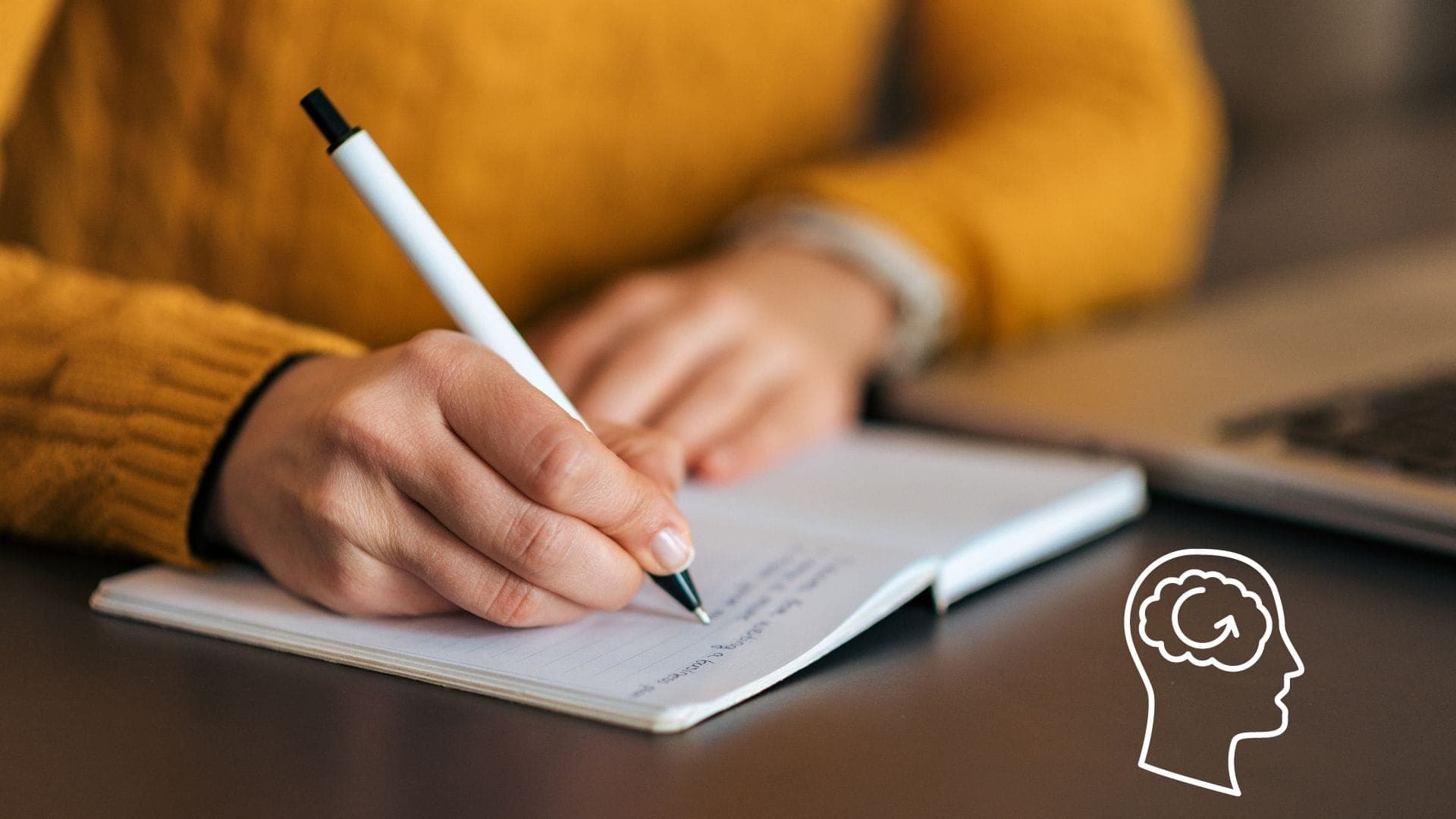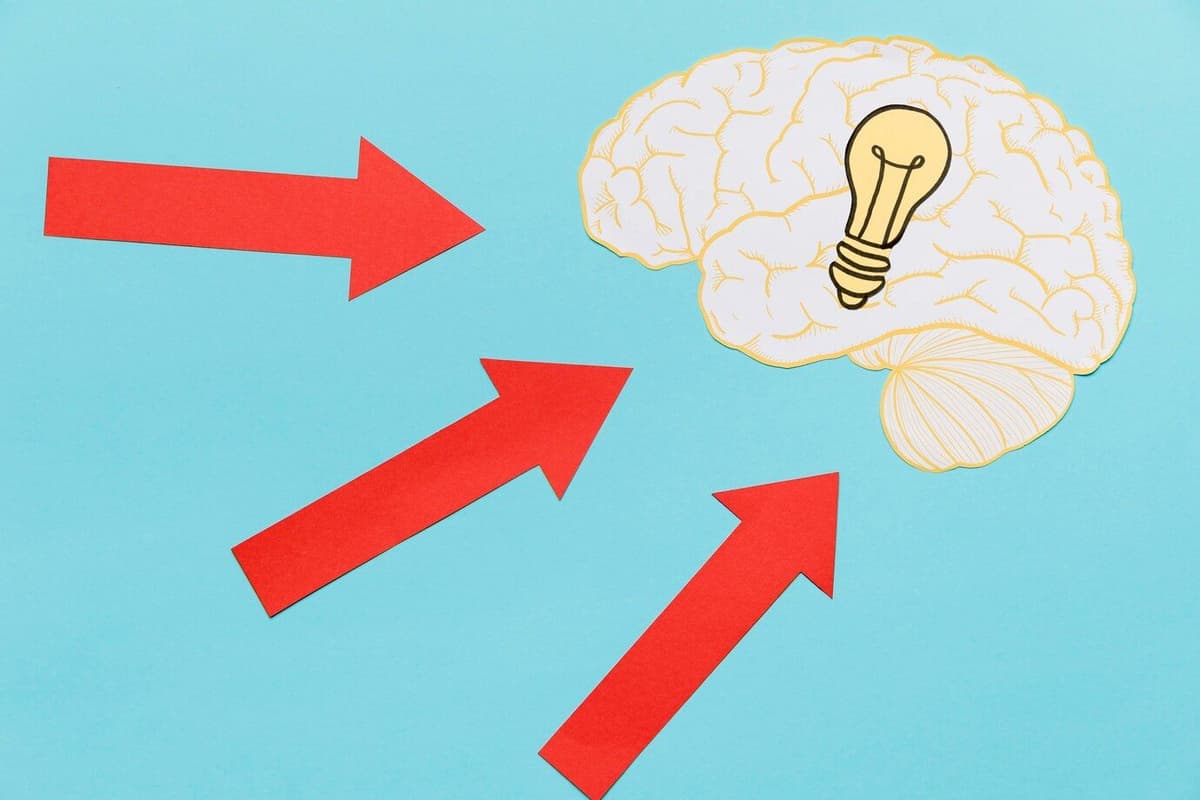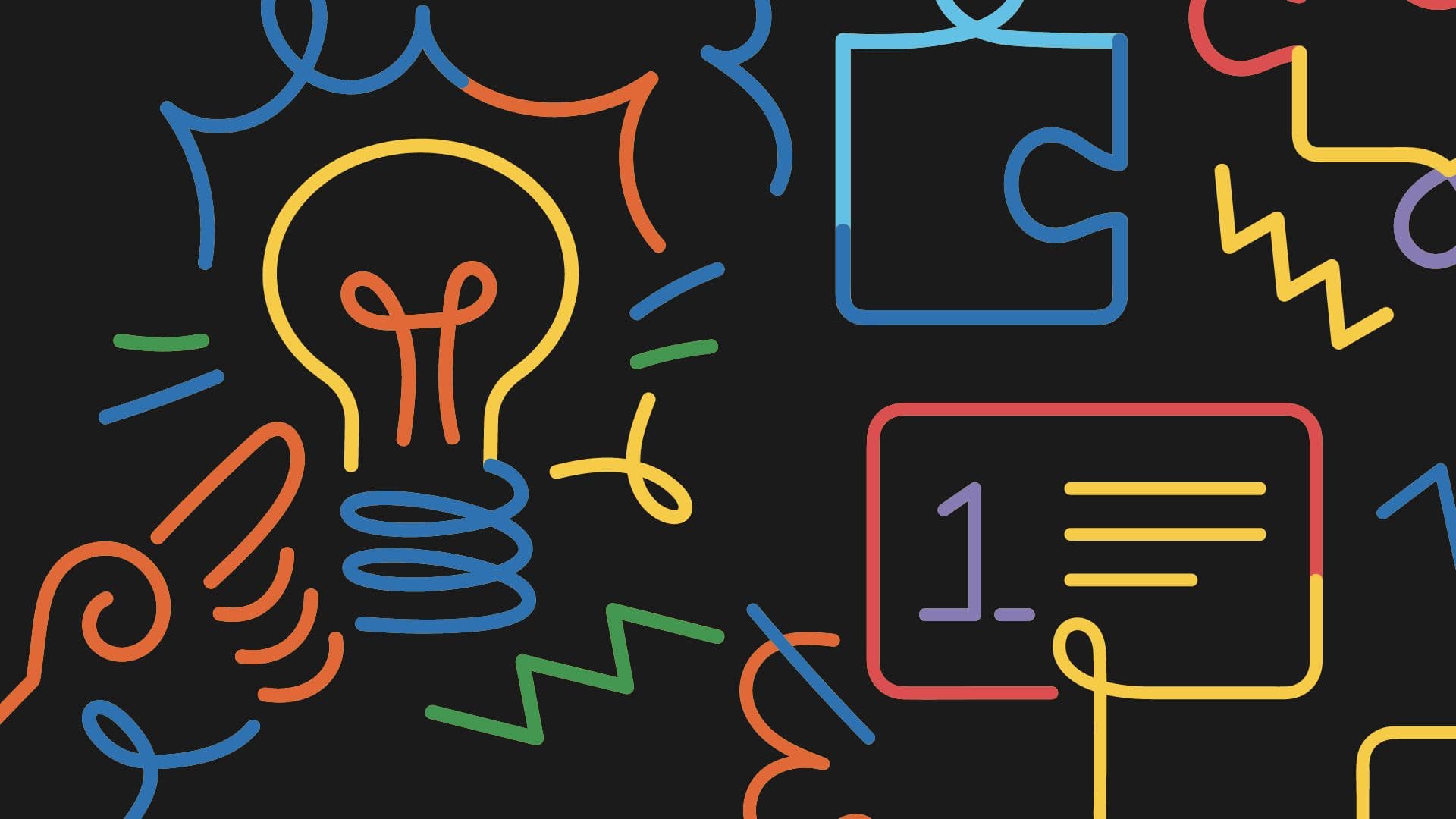

In today’s tech-driven world, it’s easy to forget about the power of good old-fashioned handwriting. But did you know that putting pen to paper can actually help you remember things better? Writing by hand isn’t just about jotting down notes—it’s a way to boost your memory and keep important information locked in. Today we’ll explore why writing helps you remember, and share some easy ways to make it a part of your daily life.
Writing by hand engages the brain more deeply than typing on a keyboard. When you write by hand, your brain is forced to process information in a more meaningful way. The reason for this is that we generally type faster than we write. Writing letters by hand actually leads to higher electrical activity in our brain.
The act of writing by hand involves more than just the mind; it’s a multi-sensory experience. You’re not only thinking about what to write, but you’re also physically forming the letters and words. Research consistently shows that students who take notes by hand tend to perform better academically. Handwritten notes often lead to a deeper understanding of the material because students must listen, process, and summarize the information rather than just typing it out verbatim. This cognitive effort required in summarizing and rephrasing the information helps in better long-term retention.
When you write something down, especially by hand, you’re not just copying words but are more likely to encode the information in a way that makes it easier to retrieve later. This is why handwritten notes, journals, and even to-do lists can be such powerful tools for learning and memory. Writing by hand encourages active learning, where you’re not just absorbing information but also making sense of it, which strengthens memory and understanding.

Writing is more than just a method of communication; it has psychological effects that can improve mental well-being and emotional health. Engaging in regular writing, particularly expressive writing like journaling, can lead to numerous psychological benefits.
Writing can help individuals identify and challenge irrational or harmful thoughts. By writing down what you’re going through, you start to notice patterns in how you think and feel. This can make you more aware of your emotions and better at managing them, which can improve your relationships and overall happiness. When people write about traumatic or stressful events, they often find that their emotional pain diminishes over time. This process, known as expressive writing, allows individuals to confront their emotions in a safe and controlled manner, leading to reduced symptoms of anxiety and depression. Studies have shown that individuals who engage in expressive writing experience better mental health outcomes, such as lower levels of stress and improved mood, over time.
Writing can be a powerful tool to enhance memory, but knowing how to use it effectively is key. Although typing is faster, writing by hand engages more areas of your brain, leading to better memory retention. When you physically write, you’re more likely to process and remember the information because the slower pace forces you to engage more deeply with the material.
Instead of copying information verbatim, try summarizing it in your own words. This requires you to process the material more deeply, leading to better understanding and retention. Summarization helps to highlight the essential points, making it easier for your brain to store and recall them later.
Rewriting or reviewing your notes regularly also helps reinforce the material in your memory. The act of revisiting information helps to transfer it from short-term to long-term memory. Consider using spaced repetition techniques, where you review your notes at increasing intervals over time.
Consider handwriting your notes the next time you have an important meeting or class coming up. While it’s tempting to rely on the convenience of laptops and technology, handwriting offers distinct cognitive benefits that shouldn’t be overlooked. The slower pace of handwriting encourages deeper processing of information, leading to better retention and understanding. It’s a simple yet powerful tool that can significantly enhance your learning experience and help you remember important details more effectively.

Stuck at home and still need to prepare for an exam? We share study tips honed from years of e-learning experience.

Let’s be honest—research can feel pretty overwhelming. You’ve got a big assignment, deadlines are creeping up, and maybe a bit of that classic panic is setting in. We’ve all been there. But here’s the good news: research doesn’t have to be so stressful. With the right approach, you can tackle your assignments like a pro …

Preparing for licensure or professional-level tests is no small feat, especially for busy professionals juggling work, personal life, and study commitments. This article will explore practical time-management strategies tailored to busy professionals.